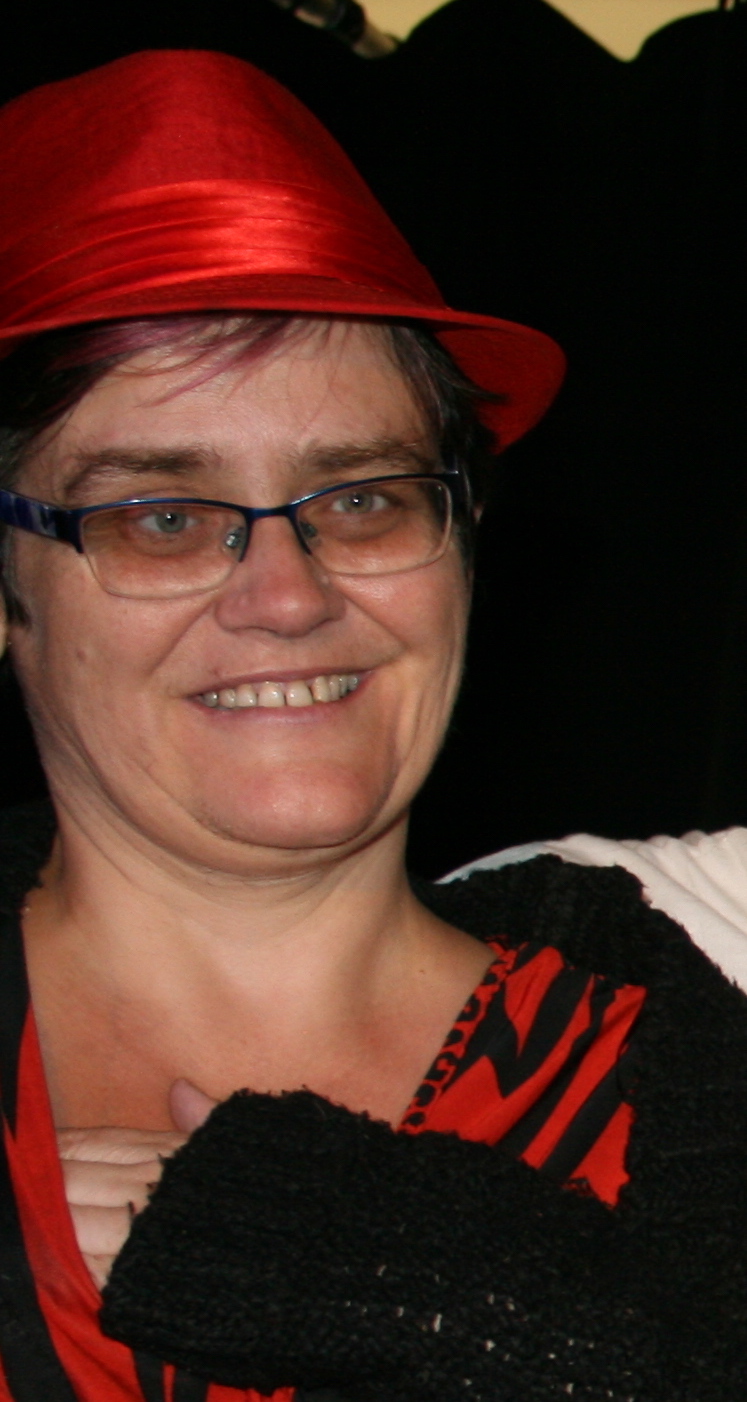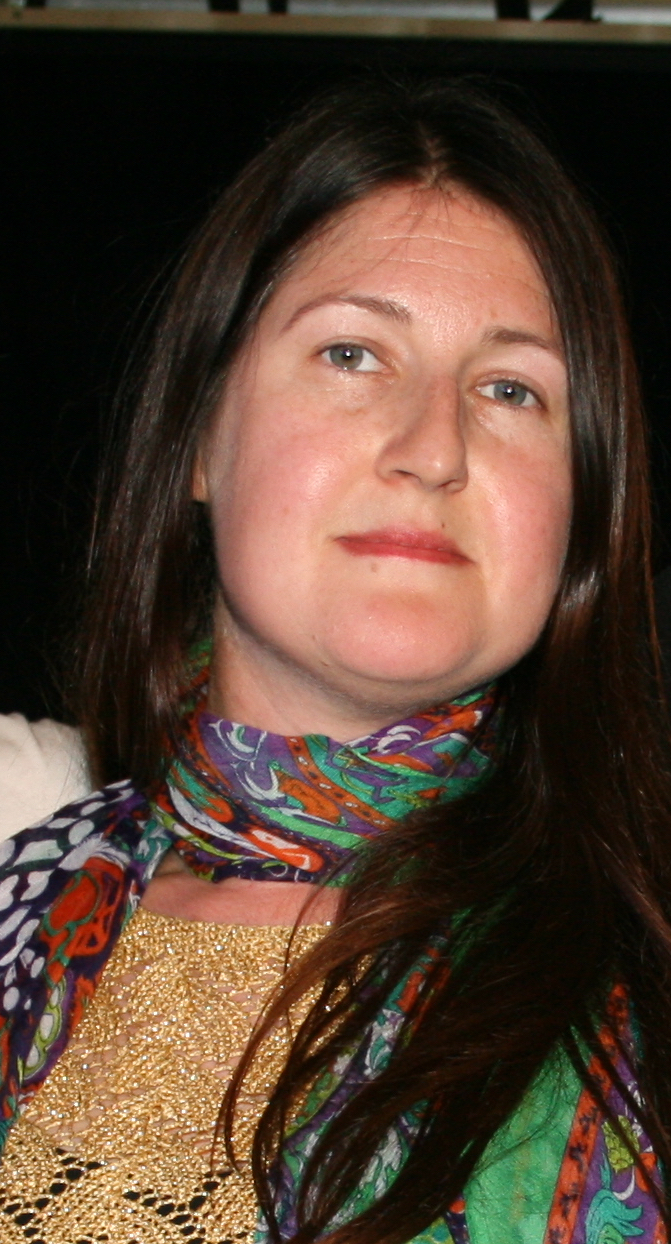Podcast: Play in new window | Download
HANNAH YAHYA HASSAN AND SARAH SAEED DISCUSS THE STEALTH ASPIES COMPANY AND THEIR LIVES AS AUTISTIC WOMEN.
YOU CAN STILL CONTRIBUTE.
We build our shows from surveys.
You must understand that filling in the forms means we may use the material for future shows and books as well, sold in order to maintain the company.
Thank you.
SURVEY ONE https://www.surveymonkey.co.uk/r/83Y7Q9L
and
SURVEY TWO https://www.surveymonkey.co.uk/r/83HX8FT
AUTISTIC MOTHERS SURVEY: https://www.surveymonkey.co.uk/r/8LCWR7L
OUR WEBSITE IS HERE
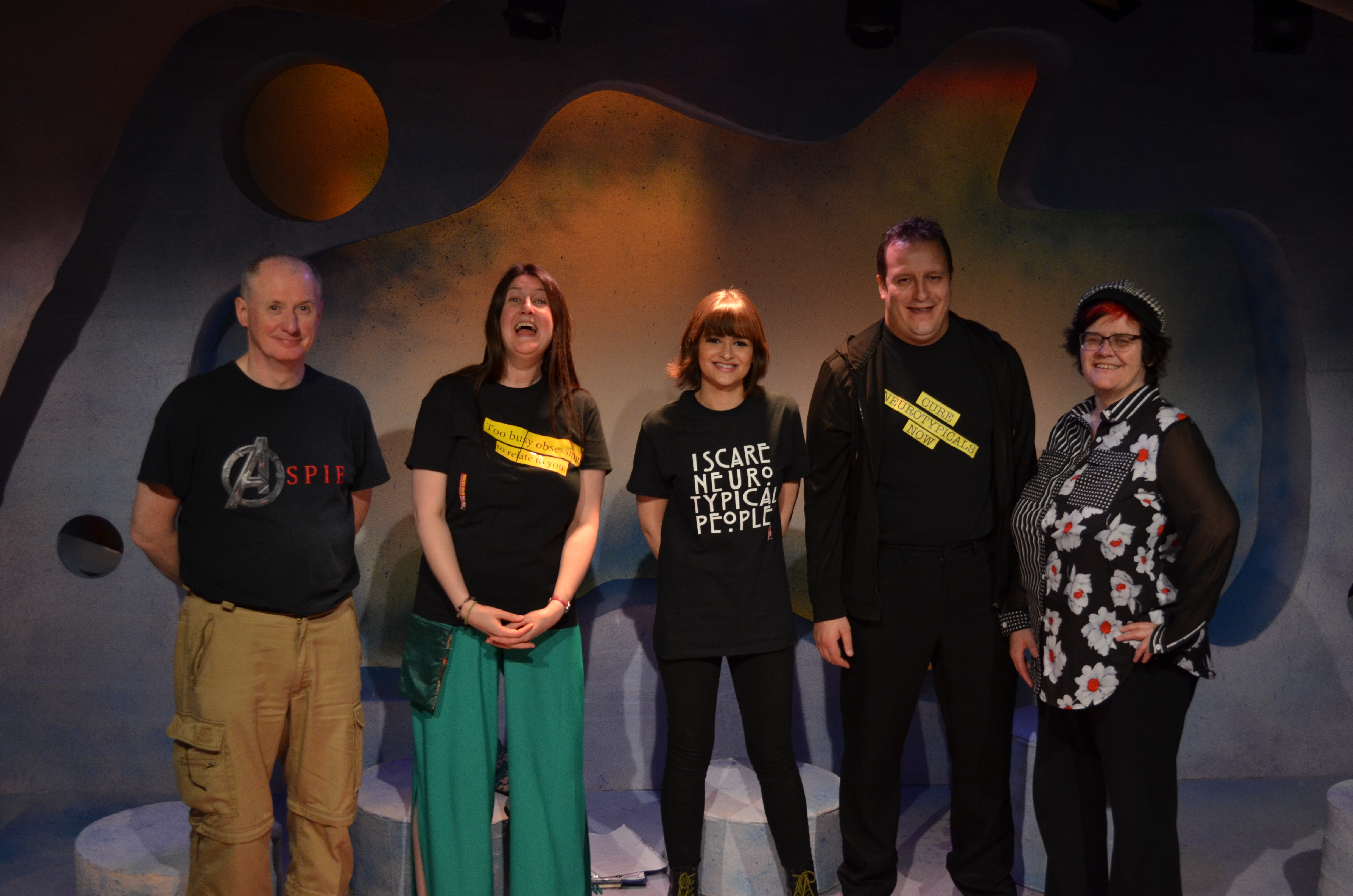
A COMPANY INTERVIEW WITH KATE COPSTICK ON THE EDINBURGH FRINGE, 2019.
Autism Arts Festival, Kent University campus. Sunday 28th april 2018 –
We return to the place where Paul and Alain first met Sarah and Hannah, and the whole thing began.
We are part of a huge programme of NeuroAtypical artists. A world unique event now in its second year.
Tickets on sale in advance online.
MAY 2019:
Sunday 5th and Monday 6th of May 2019 at different times – The Wandsworth Arts Festival shows.
Sunday we are on at 5:30 pm
Monday we start at 7:00 pm.
First time in this London based festival. Lots to see here besides us. But lets face it – you just want to see us, right? 🙂
Tickets on sale in advance online.
Brighton Fringe shows – 13th to the 19th of May 2019.
Seven continuous days of us, all at 6:35pm show start times.
Tickets on sale in advance online.
JUNE 2019:
Saturday 8th June 2019 – Marlboro Theatre, Brighton at 7:30pm.
4 Prince’s St, Brighton BN2 1RD
We get to play ‘The jewel in the crown of Brighton’s queer and non-binary scene’ – Culture Trip
Marlborough Theatre has been run by Community Interest Company Marlborough Productions since 2010. We work year round with LGBTQ+ practitioners, with a particular focus on the T & Q, supporting and presenting extraordinary performance by pioneering artists.
So in a way, our chance to pay back the debt to those who went before us. LGBTI.
READING AUTISM PRIDE on the 30th of June 2019.
Prospect Park Miniature Railway. 82 Bath Road, Reading. RG30 2BE
Tickets nowhere – it’s free.
We will be performing at this annual event. It is going to be a big one too. Model steam trains are a hoot to ride on. Literally.
JULY 2019:
Somethings happening…oh yes. More to come.
AUGUST 2019:
Edinburgh International Festival Fringe.
We return to the Laughing Horse free fringe with a new venue – Finnegan’s Wake Pub.
We are on from the 4th to the 9th over six days, all starting at 12:00 midday. Nice and quiet in the bar space we are in a room in the corner of. We will ask them to turn the music down too. Yes, it is a give what you want or not show.
Paul will also be gracing the venue, 1-3rd August and then 10 to the 15th with his Guerrilla Aspies solo show, so see that as well. (Yes, that is a demand…)
BRIGHTON AND EDINBURGH FRINGES
2018.
We had a great time. Eleven days of the 25 shows I did there.
Emma Robdale and Chris Pike made unique contributions
with their personal writings and perfect performances.
Janine never made it but her poetry and writing sold out.
Thank you to everyone who came and met us and made friends.

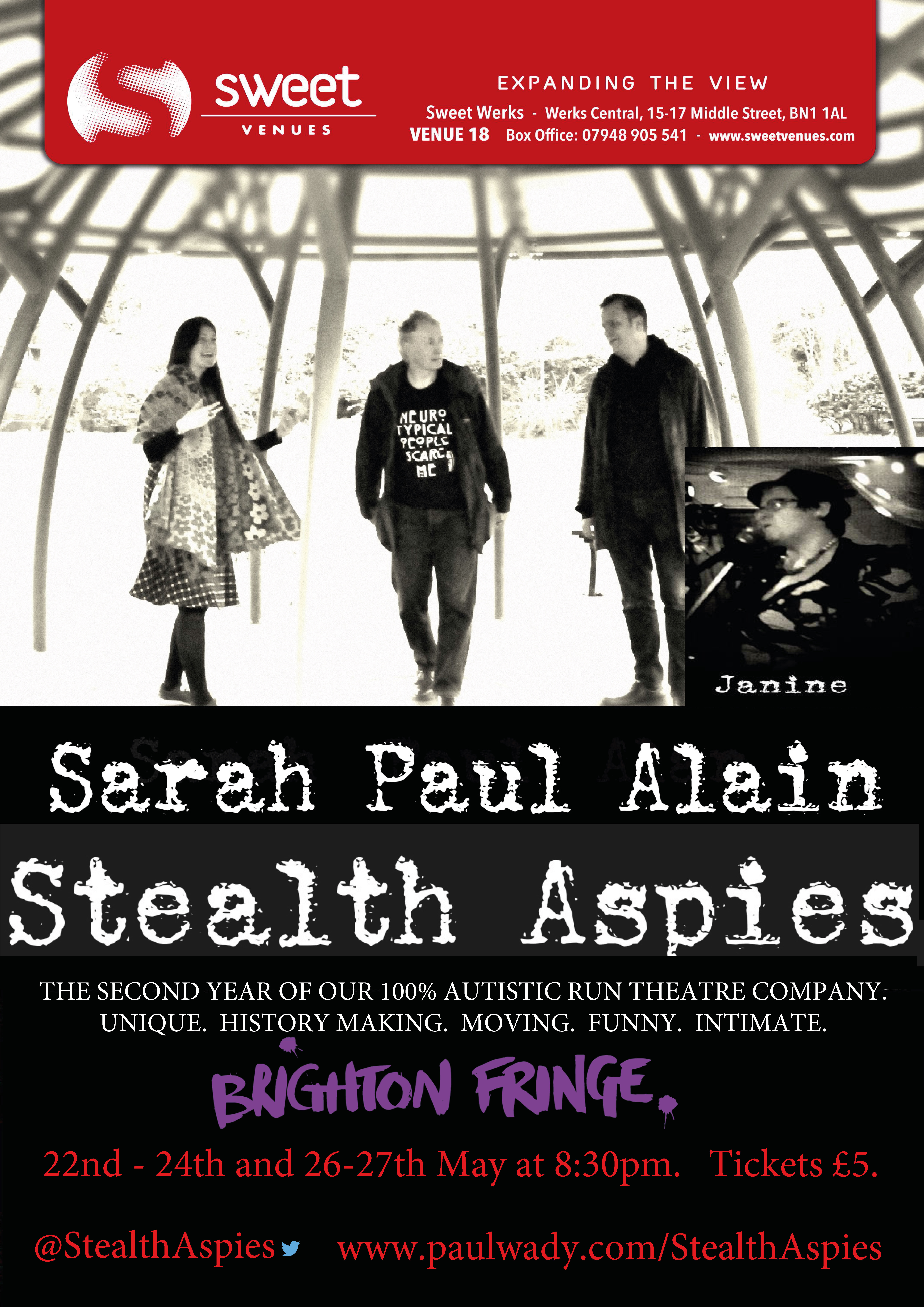
Back in ol’ 2017
Hannah Yahya and Sarah Saeed discuss their parts in the Stealth Aspies show, August 2017.
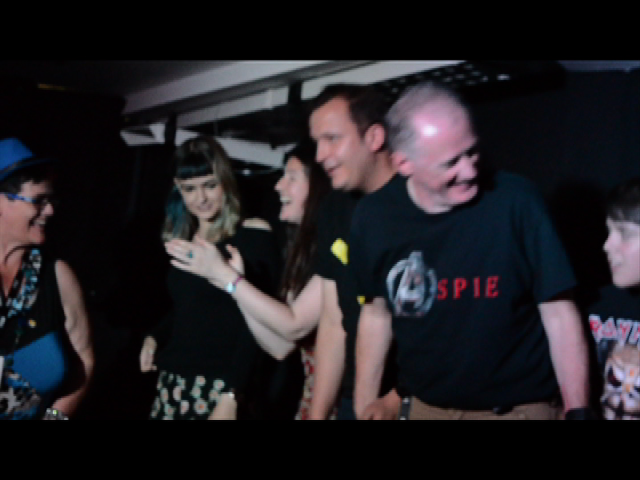

Our 2018 Brighton show is now selling tickets. Hooray.
YOU CAN STILL CONTRIBUTE:
SURVEY ONE https://www.surveymonkey.co.uk/r/83Y7Q9L
and
SURVEY TWO https://www.surveymonkey.co.uk/r/83HX8FT
The Stealth Aspies show is an show premiered at the Edinburgh Fringe Festival written from the surveys above. I wanted to capture and reflect the experiences of autistic people either late diagnosed, or having to hide their true natures from those around them. So far this has resulted in responses that my friends and I who are attempting to stage the show, find really moving and resonant with our own experiences.
In fact, personally I doubt I will fill them in? We have all of us discovered so much that reflects our own lives that there seems to be no need. Thus my belief that autistic people have a race empathy is born out yet again. This will of course be an uplifting and positive experience. In the middle, Jim Sinclair’s Don’t Mourn For Us will be performed. I have included it below.
If you want to be part of the show, simply fill out both of the surveys?
Back in 2016 I put out a survey from which to construct an ensemble piece for a group of us Aspies to perform, which would reflect on the lives of autistic people who do not define themselves as ‘low functioning’ or disabled at all.
Annette Foster and Alain English where the first people onboard. Their work can be found via the photo links above. Alain is a published poet and actor, and creator of the long running Paper Tiger poetry evening in the Tea House Theatre, Vauxhall. (Now run by the mighty Jason Li). Annette is a performance artist and currently wresting with a doctorate. She had to leave the Edinburgh 2017 cast due to work pressures.
The dramaturg Hannah Yahya and the actor, writer, comedian and producer Sarah Saeed joined after I met them at the first Autism Arts Festival, held in Kent University around March 2017. Later on the Trade Unionist, mother to at least one autistic child and an Aspie herself, the published poet Janine Booth joined us. Janine went down in history due to asking John McDonnell of the Labour Party…why isnt there a Neurodiversity Manifesto for the party? No one else has one. He thought it was a great idea and asked her to write it. So Monique Craine and Janine did. Here it is.
We all shared a flat together and performed nine times. One time I lost my voice so Hannah read in for me. We enjoyed the experience and bonded over sharing our NeuroAtypical natures in our discussions about the show, and on stage with the audience. Each show I think we all got a little bit closer to who and what we are, aside from the Neurotypical attitudes, behaviours and ‘normalities’ we have been forced to consider as healthy, normal and desirable all our lives.
If you want to see us, invite us to perform? You can contact us here.
stealthaspies@gmail.com and GuerillaAspies@Outlook.com
(Best try both at the same time).
THE COMPANY.
(How we all got together in 2017)
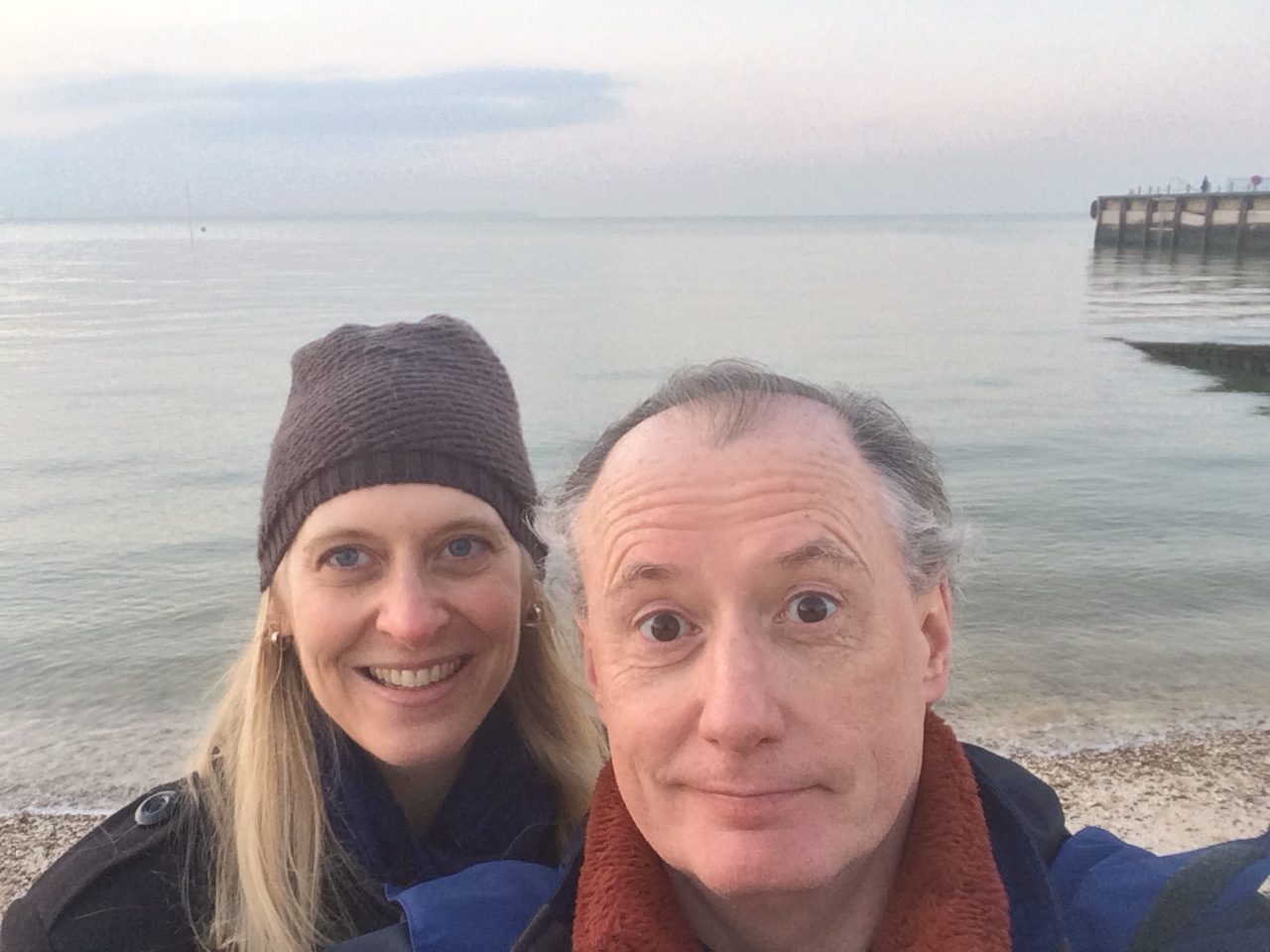
Annette Foster performance artist
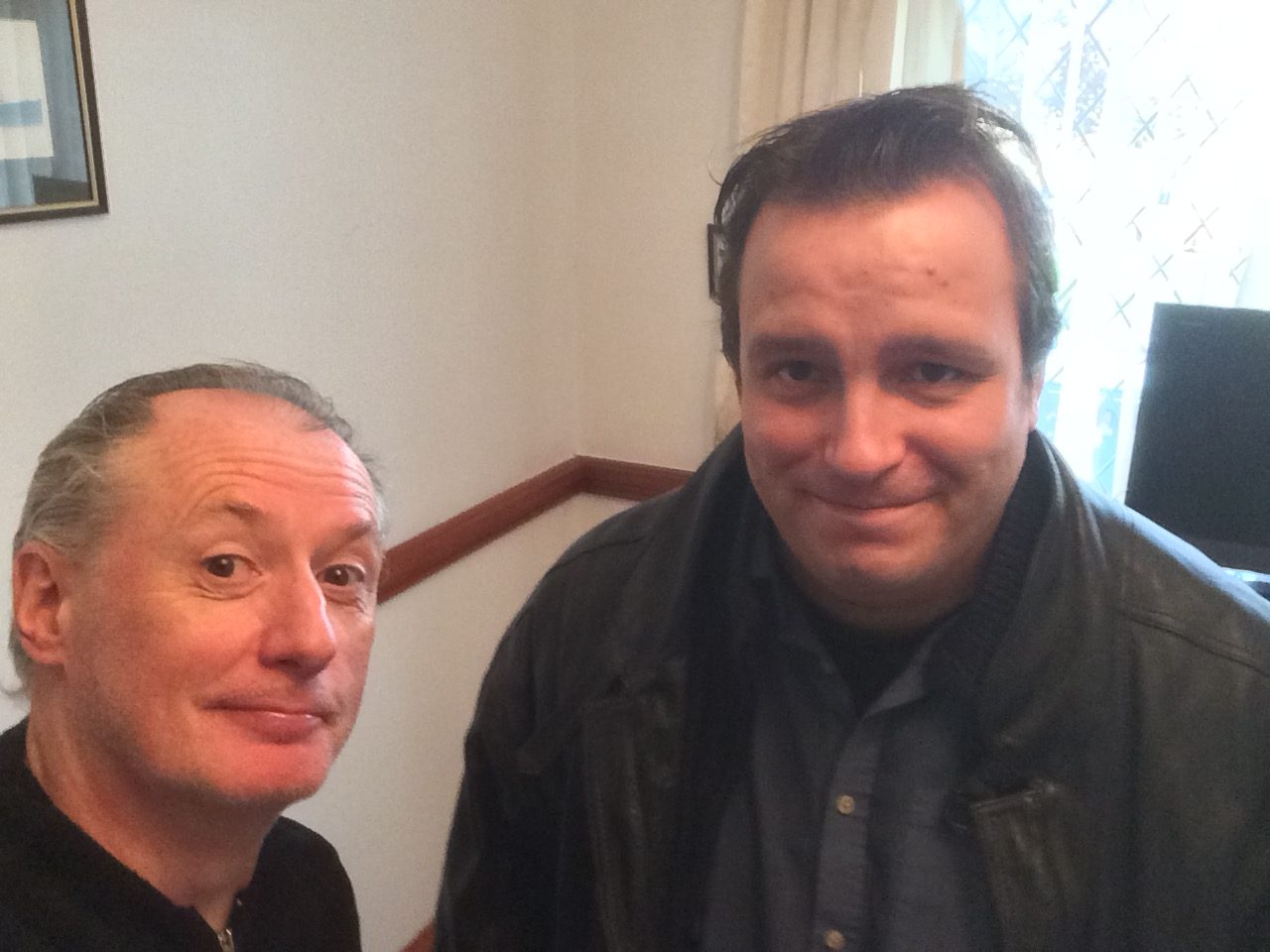
Alain English website – actor and poet
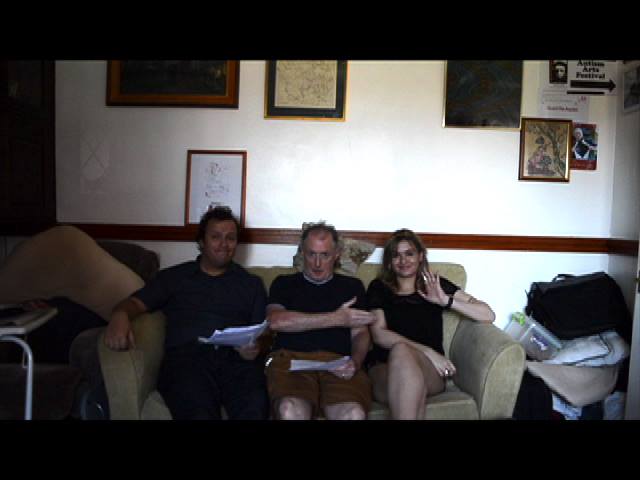
May 2017: Hannah Yahya joins us and gives the piece a new direction and structure. Phew.
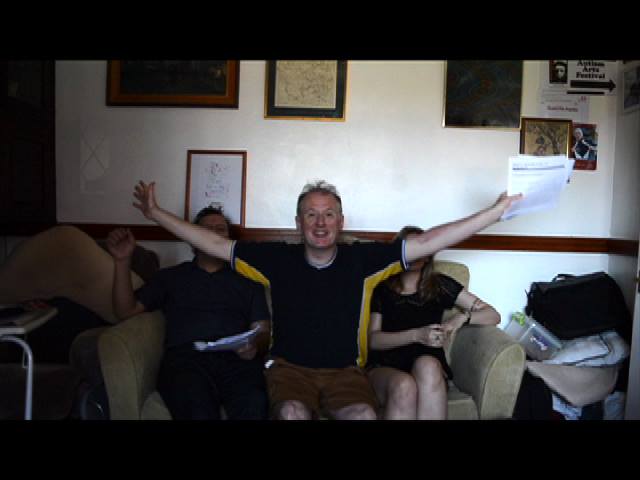
July 2017: Sarah Saeed and Janine Booth join the show.
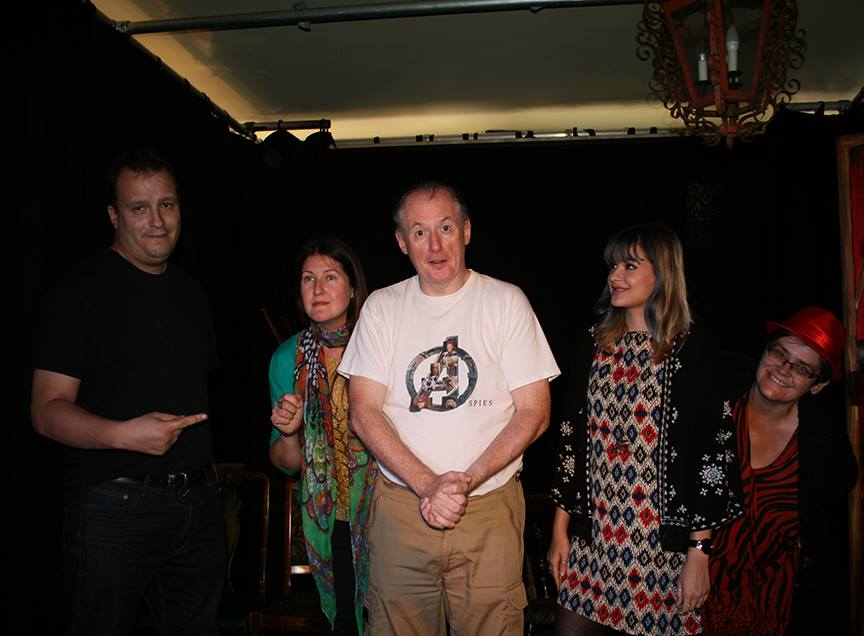
Jason Why kindly hosted a 25 minute version of the show on his Paper Tiger Poetry evening on Thursday the 27th July 2017. This mighty cast made a grand job of it.
So Janine said to John McDonnell… Who can’t the Labour party have a neurodiversity manifesto? He said, great idea. Why don’t you write it? so Janine and Monique Craine did. Poet, performer, political activist and London Underground station manager. There’s no stopping the woman. Janine was diagnosed in 2012. Oh, and she’s a feminist too. Surprise….
Janine’s solo show Disaffected Middle Aged Women will be running upon the Edinburgh fringe this year.
SARAH SAEED, a very good friend of …LA HARLOTTA THE INTERNATIONAL DIVA.
actor, writer, singer, stage manager and show producer.
Brighton based Sarah covers the spectrum of performance. Sarah was diagnosed April 2016.
FIRST STEALTH ASPIES PREVIEW, 29th June 2017.
Click on ‘ere and the picture for Jason Why’s film.
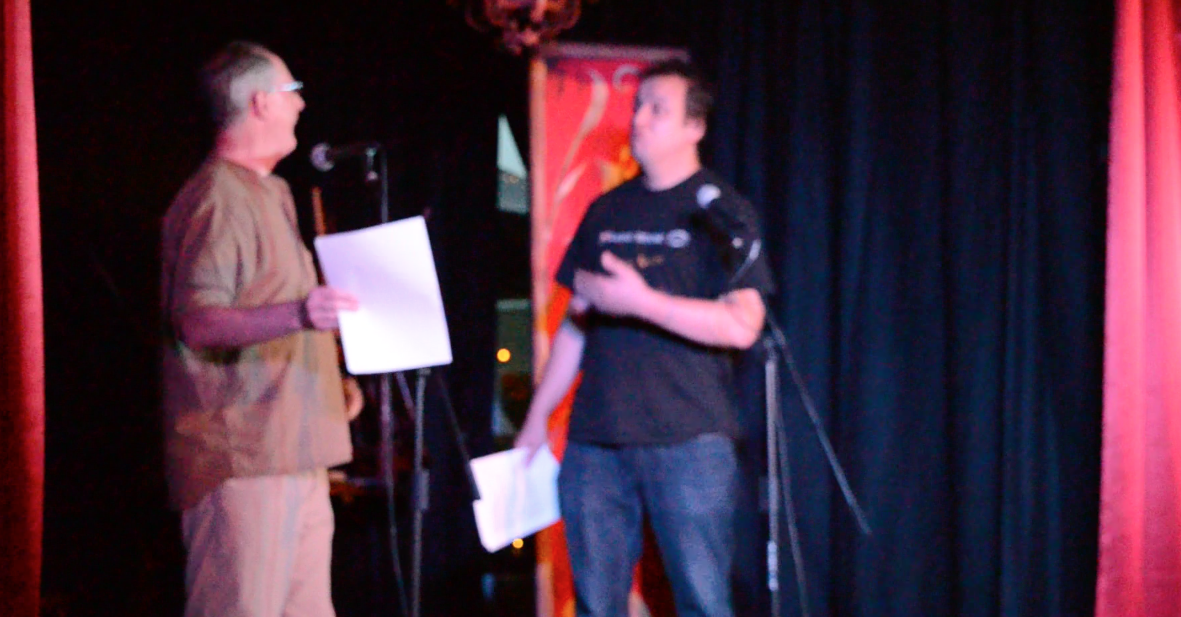
I am very sorry for there being so many pictures of me present. I hope I do not distract from the rest of the company…
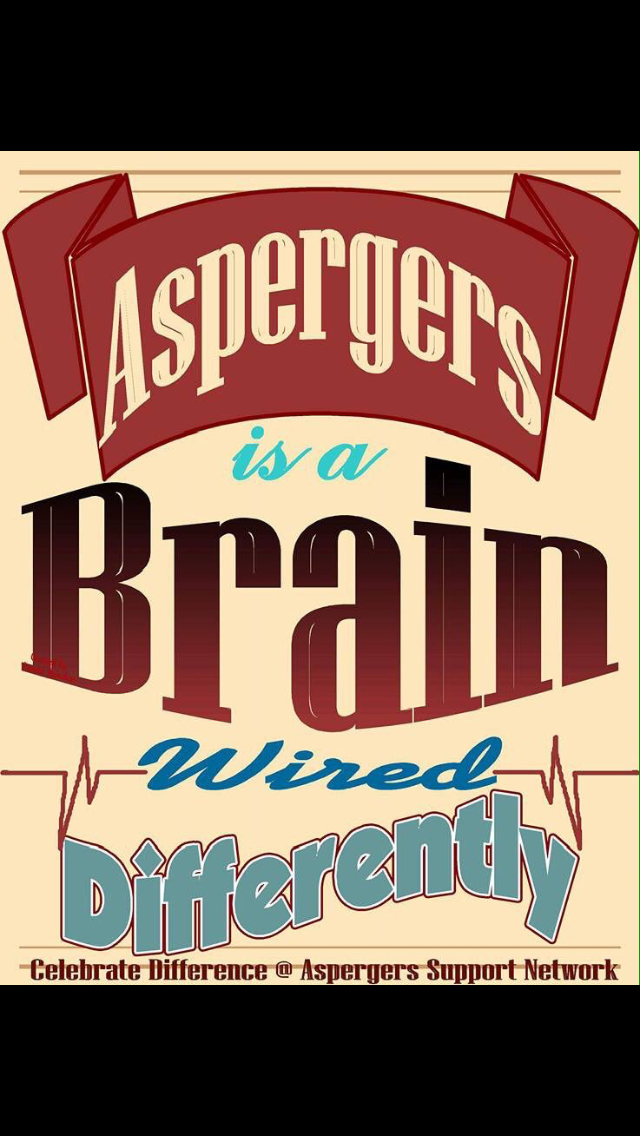
DON’T MOURN FOR US
by Jim Sinclair
| [This article was published in the Autism Network International newsletter,
Our Voice, Volume 1, Number 3, 1993. It is an outline of the presentation Jim gave at the 1993 International Conference on Autism in Toronto, and is addressed primarily to parents.] |
Parents often report that learning their child is autistic was the most traumatic thing that ever happened to them. Non-autistic people see autism as a great tragedy, and parents experience continuing disappointment and grief at all stages of the child’s and family’s life cycle.
But this grief does not stem from the child’s autism in itself. It is grief over the loss of the normal child the parents had hoped and expected to have. Parents’ attitudes and expectations, and the discrepancies between what parents expect of children at a particular age and their own child’s actual development, cause more stress and anguish than the practical complexities of life with an autistic person.
Some amount of grief is natural as parents adjust to the fact that an event and a relationship they’ve been looking forward to isn’t going to materialize. But this grief over a fantasized normal child needs to be separated from the parents’ perceptions of the child they do have: the autistic child who needs the support of adult caretakers and who can form very meaningful relationships with those caretakers if given the opportunity. Continuing focus on the child’s autism as a source of grief is damaging for both the parents and the child, and precludes the development of an accepting and authentic relationship between them. For their own sake and for the sake of their children, I urge parents to make radical changes in their perceptions of what autism means.
I invite you to look at our autism, and look at your grief, from our perspective:
Autism is not an appendage
Autism isn’t something a person has, or a “shell” that a person is trapped inside. There’s no normal child hidden behind the autism. Autism is a way of being. It is pervasive; it colors every experience, every sensation, perception, thought, emotion, and encounter, every aspect of existence. It is not possible to separate the autism from the person–and if it were possible, the person you’d have left would not be the same person you started with.
This is important, so take a moment to consider it: Autism is a way of being. It is not possible to separate the person from the autism.
Therefore, when parents say,
I wish my child did not have autism,
what they’re really saying is,
I wish the autistic child I have did not exist, and I had a different (non-autistic) child instead.
Read that again. This is what we hear when you mourn over our existence. This is what we hear when you pray for a cure. This is what we know, when you tell us of your fondest hopes and dreams for us: that your greatest wish is that one day we will cease to be, and strangers you can love will move in behind our faces.
Autism is not an impenetrable wall
You try to relate to your autistic child, and the child doesn’t respond. He doesn’t see you; you can’t reach her; there’s no getting through. That’s the hardest thing to deal with, isn’t it? The only thing is, it isn’t true.
Look at it again: You try to relate as parent to child, using your own understanding of normal children, your own feelings about parenthood, your own experiences and intuitions about relationships. And the child doesn’t respond in any way you can recognize as being part of that system.
That does not mean the child is incapable of relating at all. It only means you’re assuming a shared system, a shared understanding of signals and meanings, that the child in fact does not share. It’s as if you tried to have an intimate conversation with someone who has no comprehension of your language. Of course the person won’t understand what you’re talking about, won’t respond in the way you expect, and may well find the whole interaction confusing and unpleasant.
It takes more work to communicate with someone whose native language isn’t the same as yours. And autism goes deeper than language and culture; autistic people are “foreigners” in any society. You’re going to have to give up your assumptions about shared meanings. You’re going to have to learn to back up to levels more basic than you’ve probably thought about before, to translate, and to check to make sure your translations are understood. You’re going to have to give up the certainty that comes of being on your own familiar territory, of knowing you’re in charge, and let your child teach you a little of her language, guide you a little way into his world.
And the outcome, if you succeed, still will not be a normal parent-child relationship. Your autistic child may learn to talk, may attend regular classes in school, may go to college, drive a car, live independently, have a career–but will never relate to you as other children relate to their parents. Or your autistic child may never speak, may graduate from a self-contained special education classroom to a sheltered activity program or a residential facility, may need lifelong full-time care and supervision–but is not completely beyond your reach. The ways we relate are different. Push for the things your expectations tell you are normal, and you’ll find frustration, disappointment, resentment, maybe even rage and hatred. Approach respectfully, without preconceptions, and with openness to learning new things, and you’ll find a world you could never have imagined.
Yes, that takes more work than relating to a non-autistic person. But it can be done–unless non-autistic people are far more limited than we are in their capacity to relate. We spend our entire lives doing it. Each of us who does learn to talk to you, each of us who manages to function at all in your society, each of us who manages to reach out and make a connection with you, is operating in alien territory, making contact with alien beings. We spend our entire lives doing this. And then you tell us that we can’t relate.
Autism is not death
Granted, autism isn’t what most parents expect or look forward to when they anticipate the arrival of a child. What they expect is a child who will be like them, who will share their world and relate to them without requiring intensive on-the-job training in alien contact. Even if their child has some disability other than autism, parents expect to be able to relate to that child on the terms that seem normal to them; and in most cases, even allowing for the limitations of various disabilities, it is possible to form the kind of bond the parents had been looking forward to.
But not when the child is autistic. Much of the grieving parents do is over the non-occurrence of the expected relationship with an expected normal child. This grief is very real, and it needs to be expected and worked through so people can get on with their lives–
but it has nothing to do with autism.
What it comes down to is that you expected something that was tremendously important to you, and you looked forward to it with great joy and excitement, and maybe for a while you thought you actually had it–and then, perhaps gradually, perhaps abruptly, you had to recognize that the thing you looked forward to hasn’t happened. It isn’t going to happen. No matter how many other, normal children you have, nothing will change the fact that this time, the child you waited and hoped and planned and dreamed for didn’t arrive.
This is the same thing that parents experience when a child is stillborn, or when they have their baby to hold for a short time, only to have it die in infancy. It isn’t about autism, it’s about shattered expectations. I suggest that the best place to address these issues is not in organizations devoted to autism, but in parental bereavement counseling and support groups. In those settings parents learn to come to terms with their loss–not to forget about it, but to let it be in the past, where the grief doesn’t hit them in the face every waking moment of their lives. They learn to accept that their child is gone, forever, and won’t be coming back. Most importantly, they learn not to take out their grief for the lost child on their surviving children. This is of critical importance when one of those surviving children arrived at t time the child being mourned for died.
You didn’t lose a child to autism. You lost a child because the child you waited for never came into existence. That isn’t the fault of the autistic child who does exist, and it shouldn’t be our burden. We need and deserve families who can see us and value us for ourselves, not families whose vision of us is obscured by the ghosts of children who never lived. Grieve if you must, for your own lost dreams. But don’t mourn for us. We are alive. We are real. And we’re here waiting for you.
This is what I think autism societies should be about: not mourning for what never was, but exploration of what is. We need you. We need your help and your understanding. Your world is not very open to us, and we won’t make it without your strong support. Yes, there is tragedy that comes with autism: not because of what we are, but because of the things that happen to us. Be sad about that, if you want to be sad about something. Better than being sad about it, though, get mad about it–and then do something about it. The tragedy is not that we’re here, but that your world has no place for us to be. How can it be otherwise, as long as our own parents are still grieving over having brought us into the world?
Take a look at your autistic child sometime, and take a moment to tell yourself who that child is not. Think to yourself: “This is not my child that I expected and planned for. This is not the child I waited for through all those months of pregnancy and all those hours of labor. This is not the child I made all those plans to share all those experiences with. That child never came. This is not that child.” Then go do whatever grieving you have to do–away from the autistic child–and start learning to let go.
After you’ve started that letting go, come back and look at your autistic child again, and say to yourself: “This is not my child that I expected and planned for. This is an alien child who landed in my life by accident. I don’t know who this child is or what it will become. But I know it’s a child, stranded in an alien world, without parents of its own kind to care for it. It needs someone to care for it, to teach it, to interpret and to advocate for it. And because this alien child happened to drop into my life, that job is mine if I want it.”
If that prospect excites you, then come join us, in strength and determination, in hope and in joy. The adventure of a lifetime is ahead of you.
